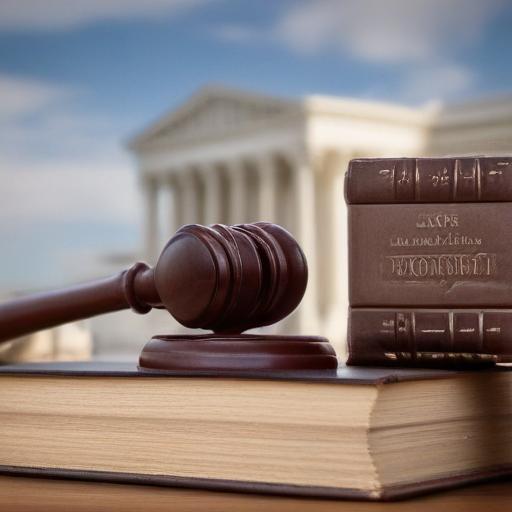The Supreme Court was deadlocked on Thursday regarding a pivotal case involving the nation’s first religious charter school, leaving intact a ruling from Oklahoma’s supreme court that deemed the proposed Catholic school unconstitutional. The decision resulted from a 4-4 split, attributed to Justice Amy Coney Barrett’s recusal due to her prior connections with the attorneys representing the St. Isidore of Seville Catholic Virtual School.
This case was significant as it had the potential to broaden the funding opportunities for religious schools, following a trend seen in several opinions favoring religious education funding in recent years. Critics warned that a ruling in favor of the school might have reshaped the landscape of charter school funding, possibly prompting states to reevaluate their charter school policies.
The Supreme Court’s unsigned order did not disclose how the justices voted but confirmed the split. Such evenly divided decisions do not establish legal precedents, meaning the involved religious groups still have avenues to challenge the ruling.
Oklahoma’s Republican attorney general, Gentner Drummond, has taken a notable stance in this matter by suing to prevent the school’s approval, asserting that he is dedicated to upholding Christian values and religious liberty. Jim Campbell, representing the Alliance Defending Freedom, expressed disappointment at the ruling, stating it undermines educational freedom, while emphasizing that religious groups should not be excluded from public programs.
Historically, the Court has ruled in favor of allowing religious institutions access to public funding in specific scenarios, as demonstrated in a recent ruling that permitted religious schools to participate in a state tuition assistance program.
The case drew mixed reactions regarding its implications for the future of educational funding in the United States. Industry experts noted that while the deadlock was not entirely unexpected, the court’s willingness to engage with the case initially sparked speculation about potential shifts within its conservative majority.
The outcome of this case continues to illustrate the complex relationship between public education, charter schools, and religious funding in the United States. This ongoing debate emphasizes the necessity for transparency and ethical decision-making in upholding the principles of both education and religious freedom.
This situation reflects a pivotal moment in educational policy, with advocates on both sides keenly watching for future court decisions that will shape the discourse surrounding public funding for religious education.
